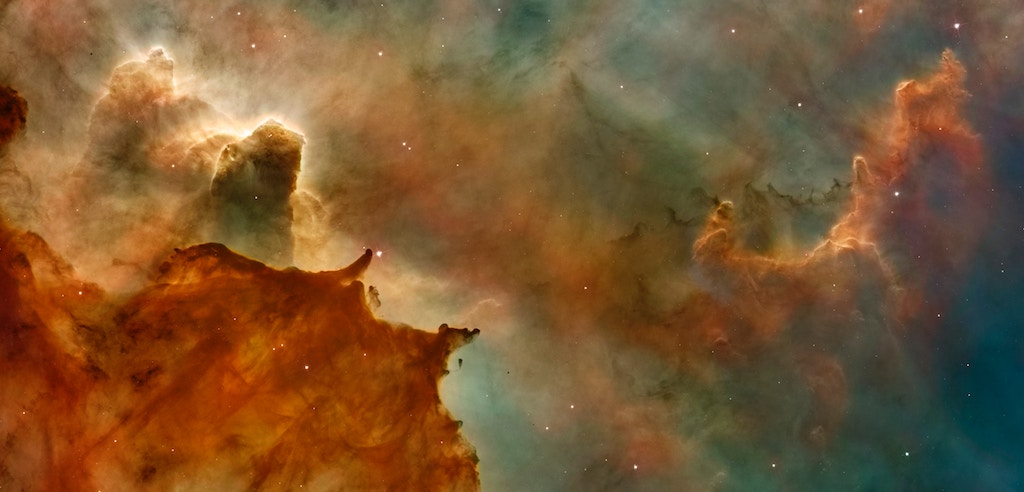This is a Write 31 Days Post.
The best place to start when engaging the book of Genesis is the concept of beginnings.
Genesis is a book of beginnings.
Genesis is fifty chapters long and covers a lot of well-known people and events. But the key to understanding Genesis appears at the very start. The Hebrew word which gives the book its title simply means “beginning” or “origins.” It appears in the very first (and familiar) verse, “In the beginning, God created the heavens and the earth.”
From those first three words, the book unfolds, revealing a steady stream of beginnings, the first-time moments of everything. In the first two chapters, we see the start of life, of all living things, of the wold as we know it. And as Genesis continues, it describes the beginning of time, of humankind, of sin. We see the beginnings of all relationships–the good and the bad. We watch the seed of culture unfold. Across its fifty chapters, Genesis relates the beginning of God’s interactions with humans, in general, and of one particular family, specifically.
Genesis is the beginning of the Pentateuch.
Pentateuch is just a fancy word for the first five books of the Bible, also called the books of Moses. The latter title came because, traditionally, Moses is the accepted author of the books. Which means that Genesis isn’t written in real time. Inspired by the Holy Spirit (according to the New Testament), Moses wrote down the events recorded in Genesis at a much later date. So why is the fact that Genesis is the first of these books important?
Because it is different from the rest. The other books–Exodus, Leviticus, Numbers, and Deuteronomy–use the personal story of Moses as their outline and structure. Moses is born in Chapter 1 of Exodus, grows and leads the Hebrews out of Egypt in Exodus, gives the law in Leviticus, leads the people through the wilderness in Numbers, and preps them to enter the promised land in Deuteronomy (at the end of which, he dies).
These books are a four-volume series. But Genesis is a prequel. Genesis is not about Moses; it covers everything you need to understand the story of Moses, God, and the Israelites. It is the foundational information that enables you to grasp the significance of this man, these descendants of Abraham, and the God who makes a covenant with them. If you don’t get Genesis right, you won’t understand what God is doing in the rest of books of Moses either.
Genesis is the beginning of the Bible.
And that concept is even more true when we look at the Bible as a whole.
Genesis is, obviously, the beginning of the Bible. And just as with the story of Moses, Genesis gives us a foundation from which to understand everything else in the Bible. Genesis orients us, grounds us, and hands us a framework for everything that comes after it. Which is, of course, everything else.
On the flip side, the rest of the Bible assumes many of the ideas captured in Genesis. The prophets, the psalms, the letters of Paul refer back to the events and words of Genesis, clearly assuming them to be true. That the God of Genesis is still the God who rules. That the events of Genesis actually happened and matter. That each new book is a further explanation of an idea, a seed, that was planted in Genesis.
Simply put, if we want to correctly understand the Bible as a whole, we had better correctly understand the book of Genesis. Getting it right means we’ll be able to correctly trace the “beginning” ideas to the end. Getting Genesis wrong will lead to lot of misinterpretations as we read the rest of the Bible. Doctrinally, personally, theologically–we have to get Genesis right.
Because it truly is, “the beginning.”



